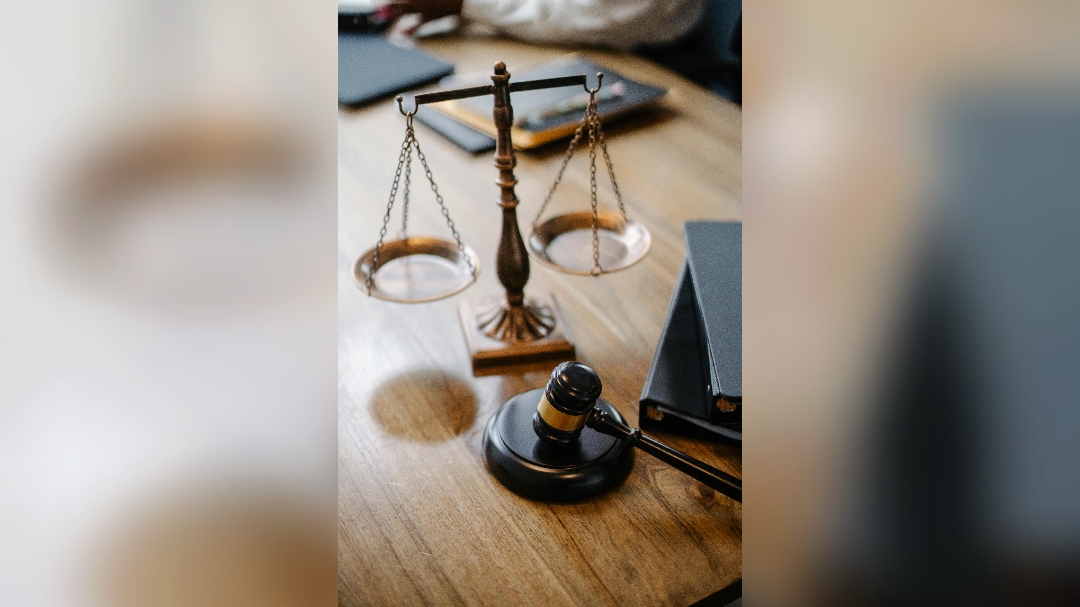We are in a Digital Age where technology is fast-paced and making all the difference as regards how we work, communicate, look after our health, and manage our finances. The speed at which all of this is happening presents immense opportunities but also significant challenges. The intersection of technology and law has never been more critical than it is in August 2024, as a fine line must be drawn to balance the promotion of innovation with protection of privacy. This article discusses the current status of U.S. technology law with respect to legislation and legislation-in-process for balancing citizen’s right to privacy with embracing technology changes.
The Technological Frontier
The digital revolution brought new technologies with their merits and demerits. Artificial intelligence has, for instance, transformed industries like health through the invention of AI-powered diagnostic tools capable of detecting illness at an early stage for treatment. One key example is IBM Watson, initially recognized for its potential in cancer diagnosis, has faced both praise and scrutiny over the years. While its use in healthcare remains significant, challenges and mixed reviews regarding its effectiveness have emerged, reflecting the complexities of integrating AI into medical practice. According to a study by MIT Technology Review in 2024, AI systems can unconsciously project the biases that have been fed into them through training data; this makes broad oversight and regulation necessary.
The same is true for blockchain technology: although it has already made a significant impact on cryptocurrency, it had possible applications beyond financial transactions. It brings along with it the presence of higher transparency and security in supply chain management and contract execution. At the same time, its very nature of being decentralized makes it hard to have regulatory oversight over it. The controversy in 2022 over the misuse of blockchain in illicit activities like laundering only pressed home that there must be legal frameworks to allay such concerns and, at the same time, facilitate the benefits of the technology.
The U.S. Legal Landscape: Seeking Balance
Concerning these technological developments, lawmakers within the United States have developed a complex legal regime that tries to grapple with the opportunities and risks presented by new technologies. In the United States, this has been manifested in key legislative acts:
- CCPA: Enacted in 2018, the California Consumer Privacy Act gave Californians rights—unparalleled in the U.S. to this day—over their personal information to exist, delete, and opt-out from selling data. It has not only impacted privacy laws in other states but has also fueled discussions on national privacy standards. For example, Virginia’s own CDPA—operative since January 2023— came from many of the same elements as CCPA, which indicates that there is a broader trend toward greater privacy protection.
- General Data Protection Regulation: Coming as a European regulation, it has had immense effects on American companies with international operations. It requires companies to offer high standards of protection of data and has propelled US companies into changing the way they handle data for compliance. For instance, tech giants like Google and Facebook have been forced to alter the way they handle people’s data in view of the implementation of GDPR—a deep impact for one regulation.
- Digital Millennium Copyright Act (DMCA): This act was passed in 1998. It primarily deals with digital copyright issues—mainly, the law legislates on intellectual property protection but with room for development. Essentially, DMCA has been at the forefront of the war against piracy in cyberspace; however, critique has been that its rigid regulations throttle innovation. Debates in the present time are on whether the provisions of the DMCA balance creators’ rights with open access and innovation adequately.
Privacy Protection: Imperative in the Digital Age
With advancements in technology, the requirement for putting in place effective privacy protection measures has been increasingly realized. High-profile data breaches and cyberattacks have exposed flaws in the data protection mechanisms of various organizations, thereby raising the demand for effective privacy protection measures. For example, The 2020 SolarWinds cyberattack, among the biggest cybersecurity events in history, exposed flaws in some of the largest systems, exposing many government and corporate networks
Dr. Jane Smith, a cyber-security expert at Stanford University, discusses the evolution of privacy strategies: “As technology continues to be a changing factor in our lives, so must our approach to privacy. Our legal framework must move with these changing threats to keep personal data secure.”
The Role of the Federal Trade Commission (FTC)
The FTC assumes primary roles in regulating technology-related practices and enforcement of consumer protection legislations. Indeed, some of the recent FTC activities have addressed deceptive practices within the tech industry. For example, Past settlements between the FTC and major social media platforms have set significant precedents, such as the well-documented case in 2019 involving Facebook, where a $5 billion penalty was imposed for privacy violations. It serves as a reminder of the ongoing regulatory scrutiny that tech giants face
Future Considerations: Emerging Challenges and Opportunities
Some challenges that technology law is going to take up in the future relate to AI ethics, regulation of next-generation technologies like quantum computing, and global harmonization of data protection standards. For example, as quantum computing technology improves, it could bring new obstacles for data encryption and cybersecurity; therefore, appropriate legal and regulatory measures shall be taken before its occurrence.
What is becoming very evident is that international cooperation in the field of data protection is increasingly important. Harmonization efforts in relation to data protection create a coherent pathway toward the protection of privacy and security for citizens and businesses.
The intersection of technology and the law is dynamic, changing, and replete with constant adaptation. Placed at the juncture of privacy protection, compliance, and ethical considerations, this can help the legal system ride through all sorts of complicated dilemmas which come by virtue of technological development. If technology is going to keep changing the face of the earth in the times to come, then legal frameworks will have to change pari passu to make sure innovation works for the welfare of one and all while upholding basic rights.

The author of this article is a Lawyer practising in the courts of Karachi, Pakistan
Syed Hassan Ali Khalid LLB (Hons), UK
Twitter- Syedhassanak
Instagram- Syedhassanalikhalid



